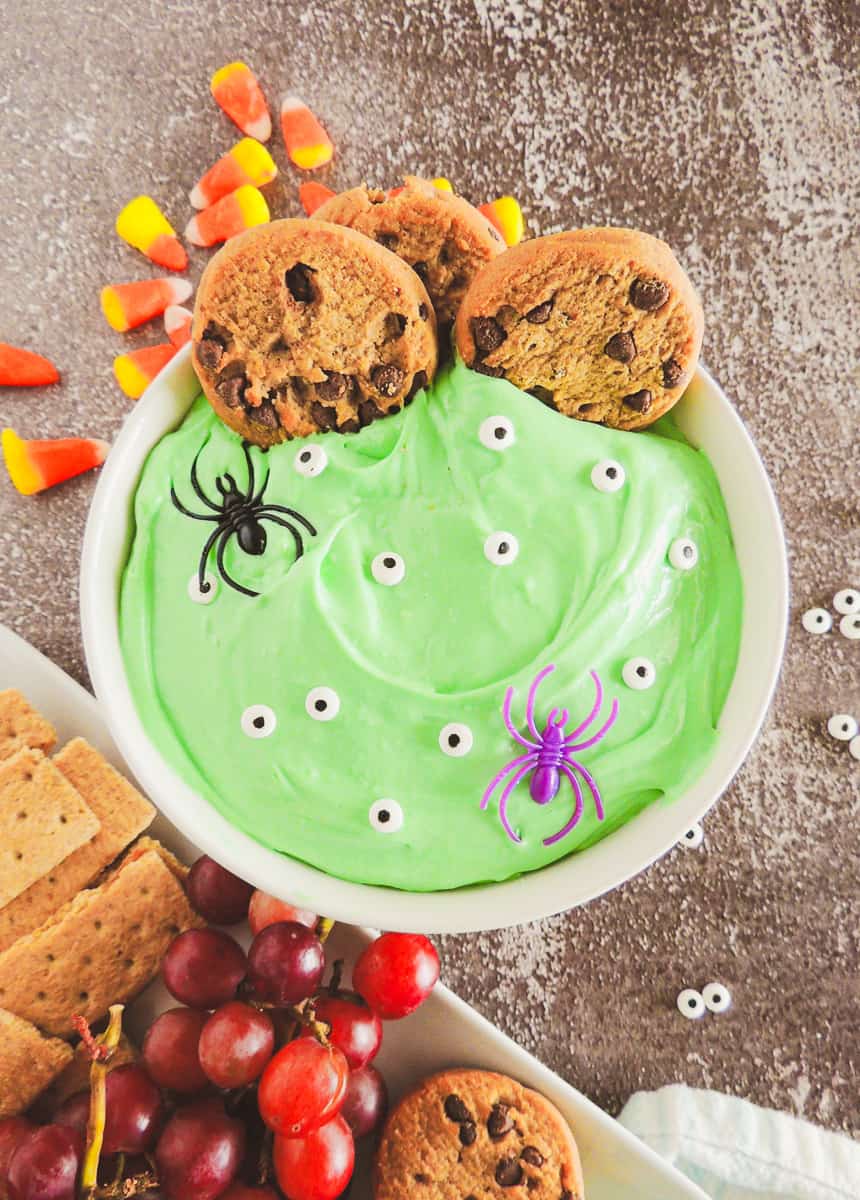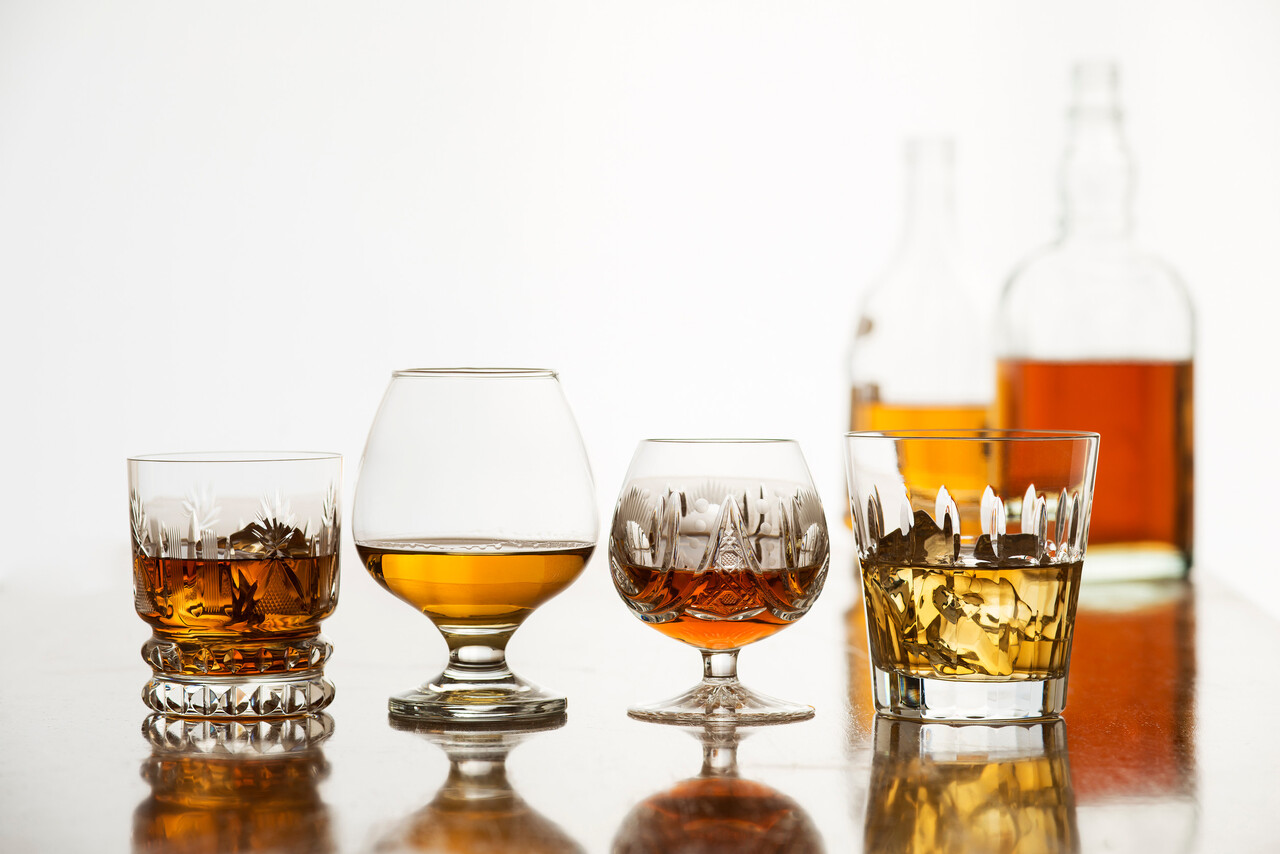Should You Keep Spirits in the Freezer? Here’s the Truth
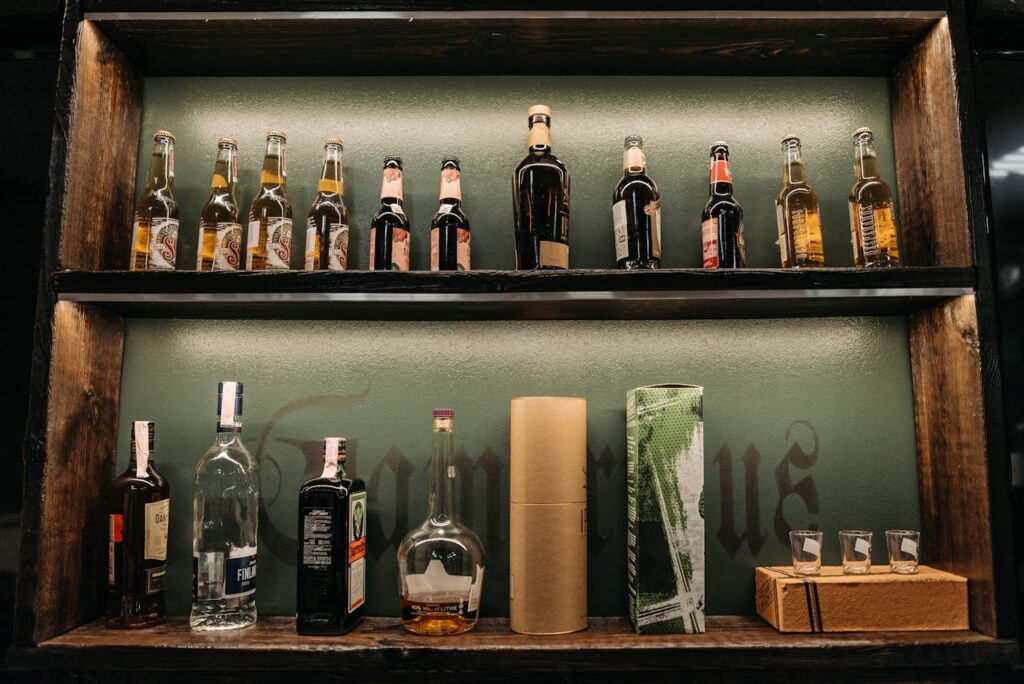
There’s a reason some people swear by pouring vodka ice-cold from the freezer, while others prefer bourbon neat at room temperature. Temperature impacts how spirits taste, smell, and mature, influencing every sip.
Freezing can smooth some liquors but flatten the nuances of others. Balancing storage and serving temperatures is key to savoring each spirit as intended. Whether you enjoy bold sips of aged whiskey or crisp, chilled cocktails, understanding which bottles belong where is essential to get the most flavor and avoid dull pours.
Spirits that Belong in the Freezer
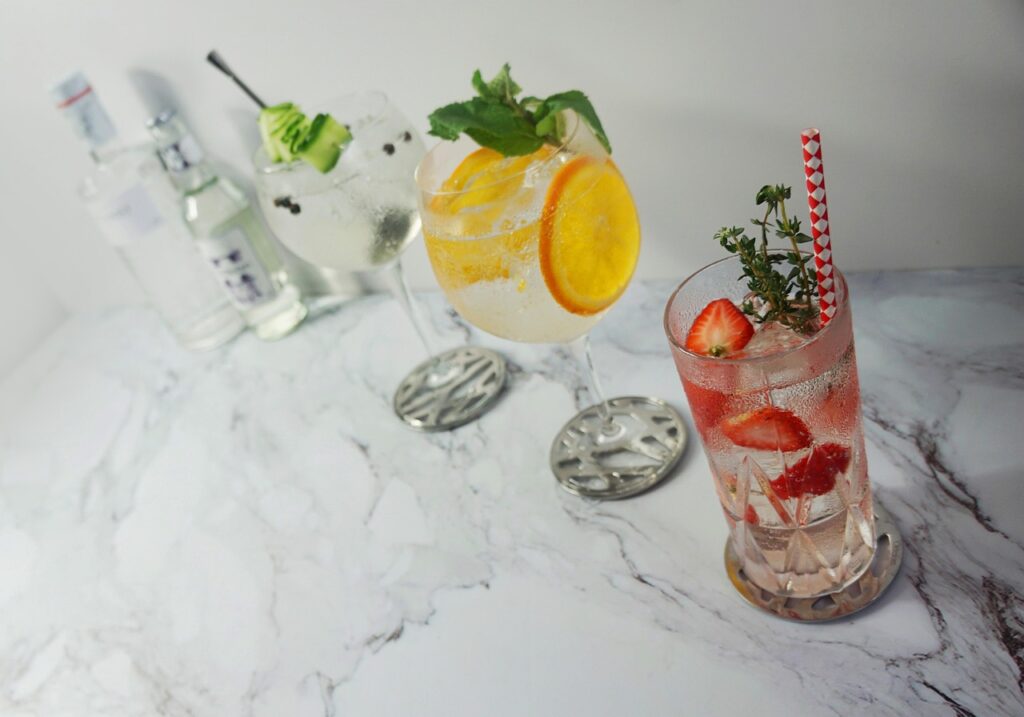
When it comes to freezer storage, not all spirits are created equal. Some bottles thrive in icy conditions without losing their defining characteristics.
Vodka and Gin
Vodka’s high alcohol content keeps it from freezing solid, even at very low temperatures. When chilled, vodka becomes silky in texture and milder on the palate, making it excellent for shots or straight pours. Likewise, gin holds up in the cold, maintaining its botanical clarity. For fans of chilled martinis and gin and tonics, keeping these spirits in the freezer or refrigerator enhances the experience without sacrificing complexity.
Unaged Tequilas and Clear Spirits
Unaged blanco tequilas, light rums, and similar clear spirits withstand freezing temperatures well. Because they don’t depend on aging for flavor, chilling them doesn’t dull their character. Freeze these before mixing margaritas, daiquiris, or other cocktails for a clean taste and refreshingly cool texture.
Spirits That Should Not Be Frozen
Aged and nuanced spirits lose their signature complexity and aroma when chilled below room temperature.
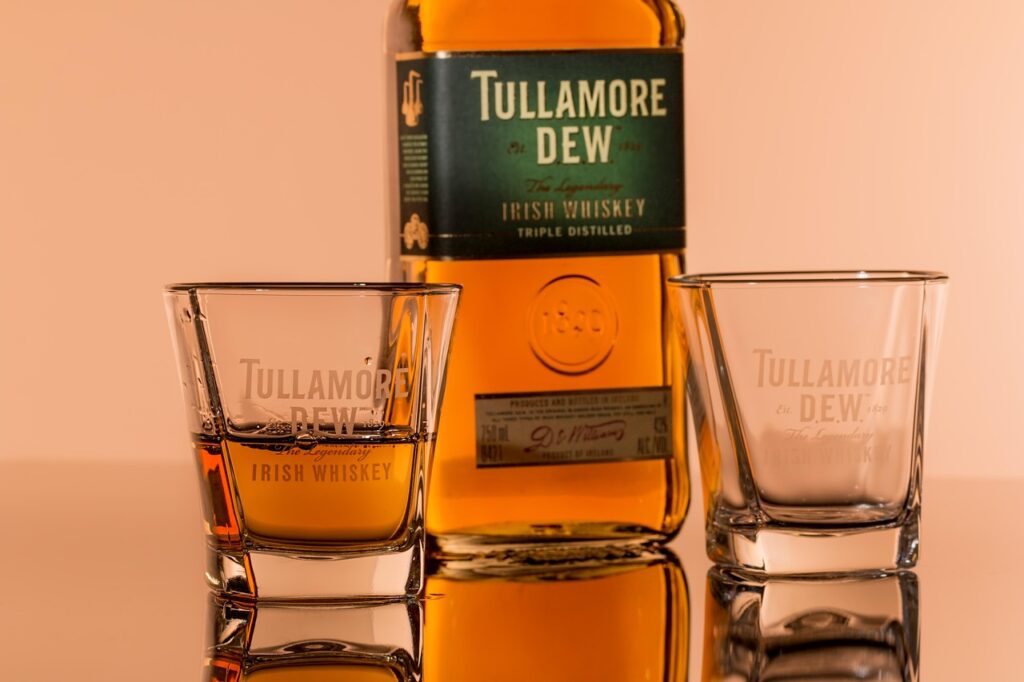
Whiskey, Bourbon, and Aged Spirits
Whiskeys, bourbons, and other aged spirits develop rich layers of flavor from lengthy barrel aging. Freezing bottles mutes the deep caramel, vanilla, oak, and spice notes. Rather than freezing, these liquors perform best served neat or slightly cooled. Large ice cubes and whiskey stones are excellent for chilling without sacrificing flavor.
Aged Rum and Brandy
Similarly, aged rums and brandies rely on maturation for their sweet, spicy richness. The cold dulls these qualities, leaving you with a flat, less enjoyable pour. Room temperature storage helps bring out their full character, making for a more satisfying drinking experience.
Best Practices for Storing Spirits
- Proper storage extends the life of your liquors and preserves flavor.
- If freezing, seal bottles tightly and label them to avoid long-term storage that reduces quality.
- Most spirits prefer cool, dark, and dry spots between 60° and 70°F.
- Store bottles upright; lying them down risks cork degradation and off flavors.
- Keep spirits away from direct sunlight and heat to prevent oxidation or evaporation.
The Bottom Line: Store Smarter, Sip Better
Freezing isn’t one-size-fits-all. Vodka, gin, and clear unaged spirits benefit from icy chill, gaining smoothness and refreshment. Aged spirits like whiskey, rum, and brandy come alive at room temperature, revealing layers of complexity that cold masks.
Choosing the right storage spot for each spirit ensures every pour is flavorful, aromatic, and worth savoring. The more careful you are, the better your bottle will taste, because great spirits deserve great care.
References
- Better Homes & Gardens: Should You Store Alcohol in the Freezer?
- Food & Wine: Does Booze Go Bad in the Freezer?
- Moonshine University: 3 Tips for Storing Spirits


